Ecology and Permaculture week
December 23-30, 2018
plus Permaculture Practice week
Dec 30, 2018 - Jan 5, 2019
Ecology Workshop at Gaia Ashram
Gardening, Permaculture, Natural Building, Harvesting & Learning
Bring your freshly gained knowledge to action
on the beautiful land of Gaia Ashram!
This bilingual 7-day workshop will take place from Sunday, December 23 until Sunday, December 30 at Gaia Ashram, a community-based education centre in Nong Khai, Thailand. Afterwards, we offer a Permaculture Practice Week for those who want to deepen their knowledge even further.
In this course, you will explore the basics of permaculture, gardening, natural building, natural products, and fermentation and gather great ideas for designing your own living conditions following the permaculture principles. It is a great opportunity for everyone who wants to gain more garden experience, get a deeper understanding of ecology and learn the basics of how to create your own house, natural products and how to use your harvest. You are welcome to contribute and bring your knowledge to action right away! With this course we want to increase your insights about ecology and permaculture and empower you to create an abundant garden at your home, in your street, at a school, or in your community.
Have a green and sustainable Christmas and New Year’s together with us!
About the course
The Ecological Sustainability and Permaculture Workshop will take place from 23 Dec - 5 Jan at Gaia Ashram, an alternative educational centre in Nong Khai, in the northeast of Thailand. The course consists of two parts, which can also be attended separately.
Part 1: Ecology and Permaculture Week
Date: December 23 - 30, 2018
Price: 215 EUR or 8,000 THB including vegan food and basic accommodation. We have also single and double rooms with more privacy (single rooms for 8EUR/day, double room for 12EUR/day).
Content: This intensive week covers topics from gardening, sustainable housing, soil, site analysis, to permaculture design and zoning. We will also discover how to process the harvest for cooking, fermenting or natural products. We want to increase your insights about ecology and permaculture and empower you to create an abundant garden at your home, in your street, at a school, or in your community. We will close the week with a design praxis where we will ask you to connect the newly gained knowledge to your daily life.
Language: English and Thai
Part 2: Permaculture Practice Week
Date: December 31 - January 5, 2019
Price: 110EUR or 4,000THB EUR including vegan food and basic accommodation. We have also single and double rooms with more privacy (single rooms for 8EUR/day, double room for 12EUR/day).
Content: The additional Permaculture Practice Week will help you to deepen your new knowlege and bring it into action. Furthermore, you can get a better understanding of permaculture by working on projects on the land.
Language: mainly English
For Part 1 and Part 2 we offer a few places with a discount for youth and people with low income. Just drop us a message! The contribution will help to keep the project running and is used for food, accommodation and other expenses, such as tools and materials. The surplus will be reinvested into the land. The Ecology Week is part of an Ecovillage Design Education Course.
Where is Gaia Ashram?
Gaia Ashram is an alternative education centre in northeastern Thailand (1,5h from Vientiane), in between Nong Khai and Udon Thani. Besides community living, Gaia Ashram is focusing on Permaculture, Deep Ecology, Ecovillage Design Education, sustainable small-scale farming and other sustainable living practices.
What is ecology?
Ecological concerns are fundamental to the design and development of an ecological lifestyle. Ecology takes great care to ensure that life supporting natural functions are not only preserved but enhanced whenever possible. The strategy is working with nature rather than against it. The ultimate goal of a sustainable lifestyle and settlement design is the creation of self-reliant, self-maintaining, self-regenerating “living systems” that can assume a life of their own with a neutral carbon footprint.
Permaculture is stretched to not only concern the individual life, or a single house. It is more the whole ecological setup in zones and sectors of a village, or urban settlement.
“Whole systems operate through mutual give and take, in reciprocal relationships. Whole systems learning involves our perceiving this fundamental mutuality in our own lives and organisations.”
What is permaculture?
Permaculture goes far beyond gardening and landscaping. If we want to change the human ecosystems into a more sustainable way of life, we first need to understand the contexts in which we live. What are the most important influences? What material and energy flows do we find? Which resources are too abundant and what is missing in the system? What interactions are happening with the environment? And how can we include the very different needs of different social groups in our design processes? Permaculture designers not only create gardens with herbs, fruit and vegetables, they also create lively neighborhoods, local supply structures and regional economic cycles.
Permaculture is a creative design process based on the thinking of total systems. It integrates land, resources, people and the environment through mutually beneficial synergies - and imitates the waste-free, closed cycles found in different natural systems.
Overview
Introduction to permaculture
How to produce fresh & organic vegetables and fruits
How to build up soil
Natural building and appropriate technologies
Nature restoration
How to cook with local ingredients
Introduction to fermentation
Introduction to natural products
The faciliator team
Lars Blume, practiced permaculture for the very first time in Australia and New Zealand before doing his Permaculture Design Course at the Panya Project in Chiang Mai, Thailand. Lars focus is on permaculture design, soil restoration and food production.
Karla Franielczyk, is a certified permaculture designer. She’s interested in natural building, food production and social permaculture.
Soraya Mze, is a social activist and a certified permaculture designer. Her main area of interests are how to be an activist and a change maker by cooking, social permaculture and natural building.



